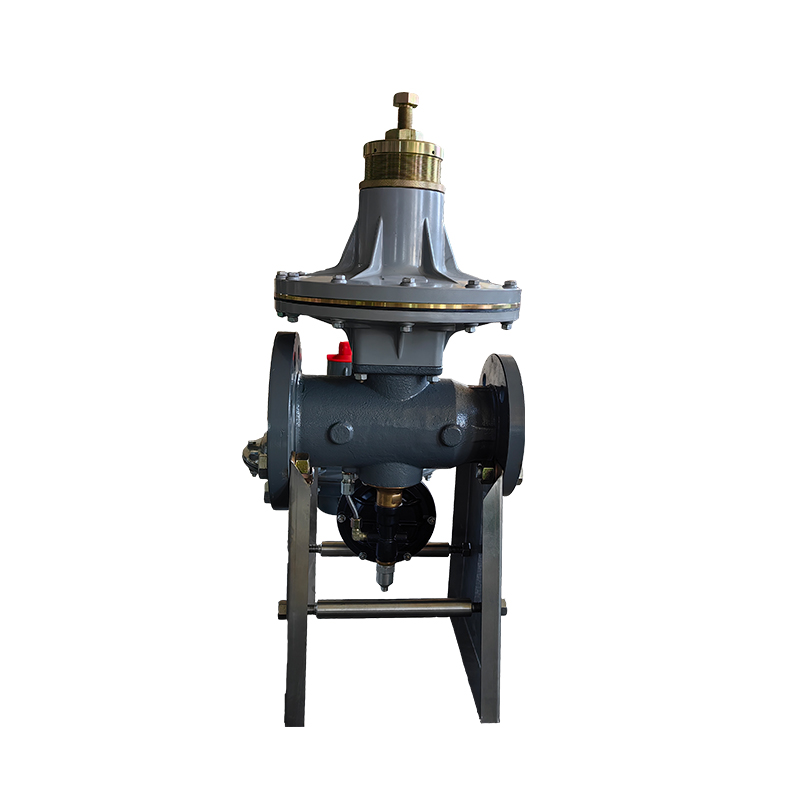
Sep . 07, 2024 12:54
Back to list
Liquefied Petroleum Gas (LPG) - Benefits, Uses, and Safety
Understanding Liquefied Petroleum Gas (LPG)
Liquefied Petroleum Gas (LPG) is a prominent fuel source that plays a crucial role in various industries and households worldwide. Comprising mainly propane and butane, LPG is a versatile energy solution known for its efficiency and cleanliness compared to other fossil fuels. This article explores the characteristics, applications, benefits, and safety considerations associated with LPG.
.
In households, LPG is commonly used for cooking, heating, and hot water systems. Many residential kitchen appliances, such as stoves and ovens, can efficiently use LPG to provide reliable heat. Additionally, LPG is utilized in water heaters, providing a quick and cost-effective method of heating water for domestic purposes. The clean combustion of LPG means that it emits lower levels of harmful pollutants compared to traditional solid fuels or charcoal, making it an environmentally friendly choice for cooking and heating.
غاز البترول المسال

In industries, LPG serves as a significant energy source, utilized for processes requiring heating, such as manufacturing and food processing. It is also important in the agricultural sector, where it can be used for irrigation, crop drying, and greenhouse heating. Furthermore, LPG is essential for transportation, particularly in regions where natural gas pipelines are unavailable. LPG-fueled vehicles are becoming increasingly popular due to their lower emissions and lower fuel costs, making them an attractive alternative to gasoline and diesel vehicles.
The benefits of LPG are substantial. It has a high calorific value, meaning it provides more heat energy per unit compared to many other fuels, leading to reduced consumption and lower operating costs. Additionally, LPG is clean-burning, producing fewer greenhouse gases and particulate matter, which contributes to improved air quality. Another significant advantage is its portability; LPG can be easily stored and transported in cylinders, making it an ideal fuel for remote areas lacking in natural gas infrastructure.
Despite its many advantages, safety considerations are paramount when dealing with LPG. As a flammable gas, it requires proper handling and storage to prevent accidents. Users should be aware of the risks associated with leaks, which can lead to fire or explosions. Regulations and guidelines surrounding the use of LPG are in place in many countries to promote safety and prevent mishaps. Regular maintenance of LPG equipment and prompt attention to any signs of leakage can mitigate potential dangers.
In conclusion, Liquefied Petroleum Gas is a vital energy resource that offers numerous advantages for both domestic and industrial applications. Its efficiency, versatility, and cleaner combustion qualities position it as a leading fuel choice, especially in areas striving for a more sustainable energy future. However, its use comes with inherent risks, necessitating careful management and adherence to safety practices. The continued development of LPG technology and awareness will be crucial in maximizing its benefits while minimizing potential hazards.
Latest news
-
Safety Valve Spring-Loaded Design Overpressure ProtectionNewsJul.25,2025
-
Precision Voltage Regulator AC5 Accuracy Grade PerformanceNewsJul.25,2025
-
Natural Gas Pressure Regulating Skid Industrial Pipeline ApplicationsNewsJul.25,2025
-
Natural Gas Filter Stainless Steel Mesh Element DesignNewsJul.25,2025
-
Gas Pressure Regulator Valve Direct-Acting Spring-Loaded DesignNewsJul.25,2025
-
Decompression Equipment Multi-Stage Heat Exchange System DesignNewsJul.25,2025

